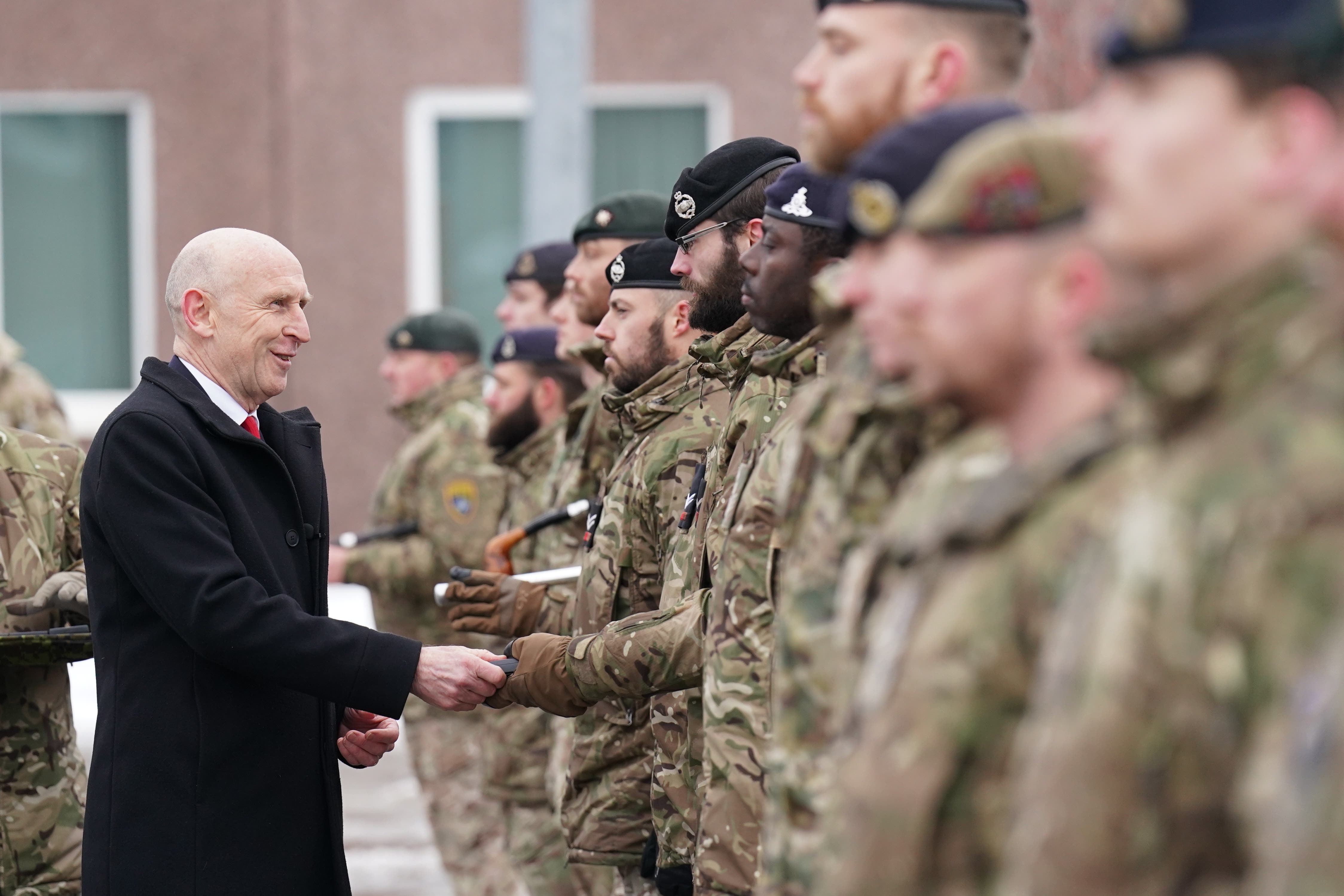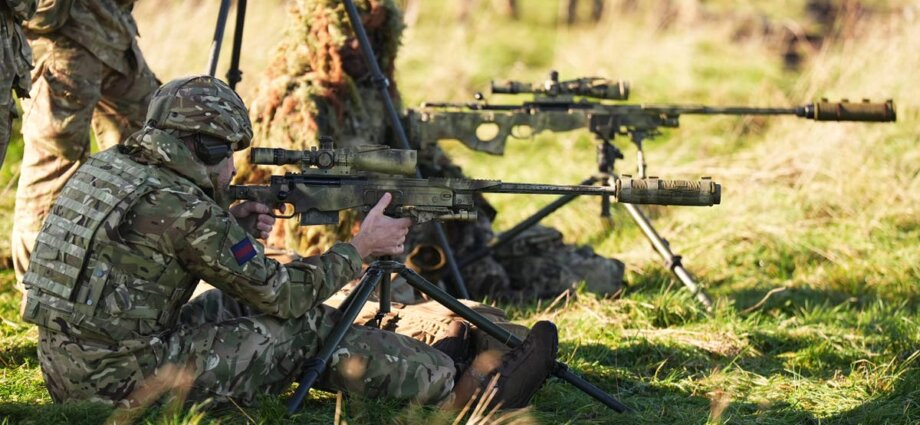More than 10,000 people in the armed forces are deemed not medically fit for deployment, the Ministry of Defence (MoD) has said.
In a written parliamentary statement, defence minister Al Carns revealed that across the armed forces, 99,560 are medically fully deployable, with 14,350 having limited deployability and 13,522 medically not deployable.
It means 13,522 could not be sent to fight for Britain while a further 14,350 would only be able to fight under certain conditions, such as avoiding exposure to extreme weather, noise or chemicals or meeting other medical requirements.
The figures come after defence secretary John Healey suggested the UK’s armed forces are in such a dire state that the country is not ready to deter an invasion. In his most damning assessment yet of the state of the UK’s defence capability, John Healey said the military could conduct “operations”, but would be unable to stop an enemy from invading.

Former armed forces minister James Heappey said he believes that a “good chunk” of the more than 10,000 members of the navy, army and air force who are medically unfit to be deployed are classed as so because they have not had a dental check-up.
Mr Heappey, who was a Conservative MP before standing down in July, told Times Radio that the status of some of the 10,000 personnel would change if Britain was at war.
The army veteran said: “Firstly, I’ll bet you that a big chunk of the non-deployable, medically downgraded people are downgraded for dental reasons. And what that tends to mean is that they’ve not had a dental check-up in the last six months, and so they are automatically declared dentally unfit, and therefore not fully deployable.
“Secondly, there is a reality about the nature of some of these injuries that mean that they couldn’t deploy to go on a discretionary operation today in peacetime, but if war was to come, then they would be absolutely able to go and fight because the needs of the nation would rather trump that rather discretionary take on their medical capacity.”
Mr Heappey said some armed forces personnel were needed to go to back-office jobs, including in the National Cyber Force.
He added: “Those would be the mitigations I would deploy if I was still the minister for the armed forces, all of which would be true.
“But that doesn’t escape the fact that the headline is very arresting and, of course, the real concern.”
Mr Heappey also agreed with Labour’s defence minister Mr Carns that in a war with Russia, Britain’s army could be destroyed within six months of conflict breaking out.
The Royal Navy has 2,922 members medically not deployable, the army 6,879 and the Royal Air Force 3,721.
An MoD spokesperson said: “The vast majority of our Service Personnel – around 90 per cent – are deployable at any point, with most of the remaining members of our Armed Forces employed in wider military roles.
“We are committed to providing world-class medical treatment to ensure personnel can return to duty where possible, or to support their transition to civilian life.”

Service personnel with medical conditions or fitness issues which affect their ability to perform their duties will generally be referred to a medical board for a medical examination and review of their medical grading.
They may be downgraded, to allow for treatment, recovery and rehabilitation, and deployability status can be awarded on a temporary or permanent basis.
Deployable is defined as personnel who are able to deploy on operations. Some personnel may have medical limitations which restrict the type or location of operation they can be deployed on.
MoD statistics from April 2024 showed the army fell below its target size for the first time since it was set, meaning all three service branches are currently below target: the army by 1 per cent, the RN/RM by 5 per cent and the RAF by 10 per cent.
Overall, the UK armed forces were 5,440 personnel (one per cent) below target.
Following details of prime minister Sir Keir Starmer’s call with Ukraine’s president Volodymyr Zelensky, there has been speculation that the UK could be considering sending troops to Ukraine to help train its armed forces.
Last week, defence secretary John Healey said it is a “critical period” for Ukraine and pledged that the UK would be “stepping up” help.











